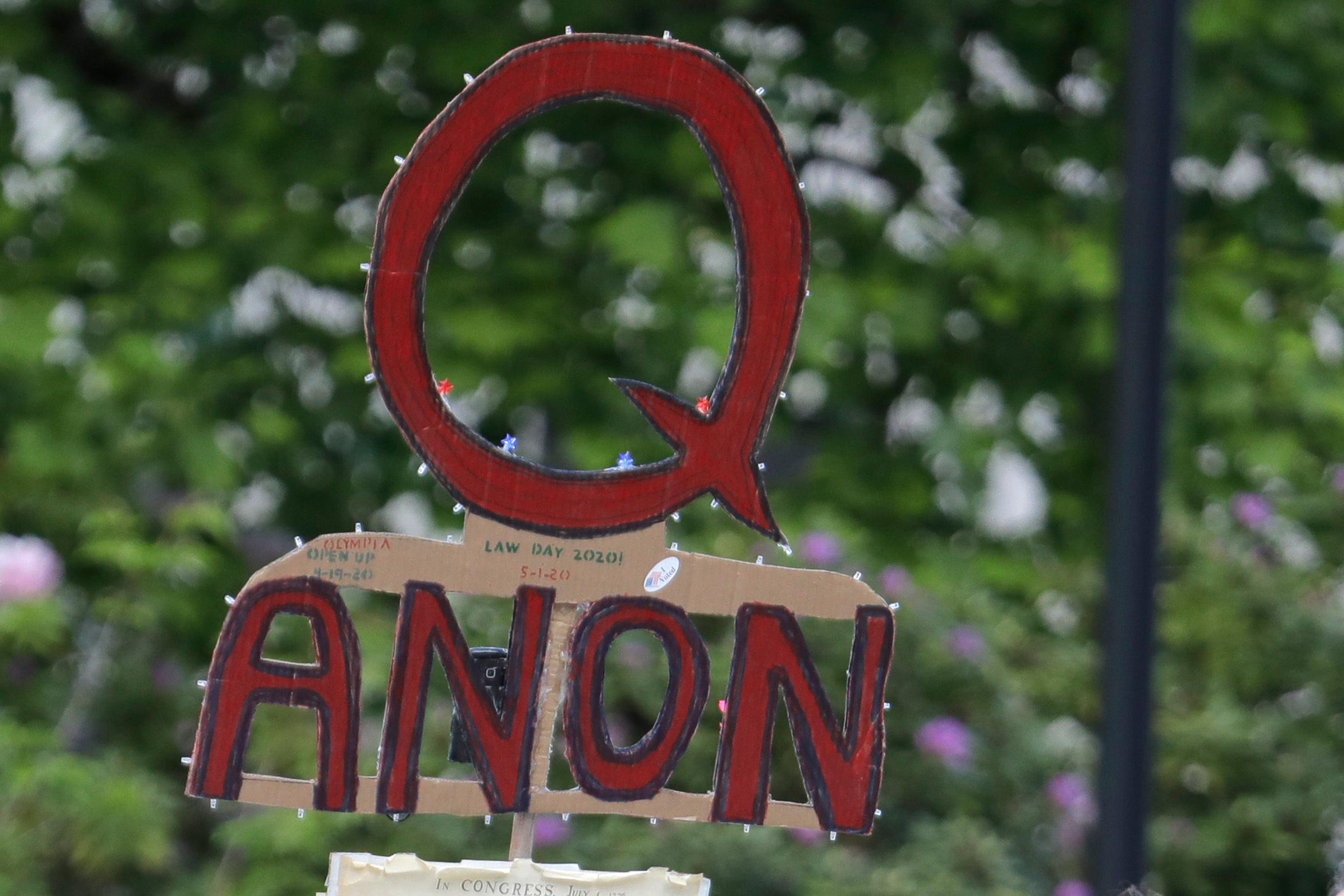
When major social media companies like Facebook and Twitter started kicking far-right extremists off their platforms, they may have inadvertently created a new problem: even more extreme echo chambers.
After the Jan. 6 Capitol riot, big tech companies started a crackdown on users and content that incited violence, including President Donald Trump. Apple and Google also suspended Parler, a Twitter-style alternative social media service popular with conservatives, from their app stores. Parler went offline after Amazon stopped hosting it through its web services division.
The social media bans left the far right temporarily without an online gathering place. So they turned to alternative platforms, like messaging services Signal and Telegram. CNBC reported that both saw a surge in new users after the initial social media ban.
Telegram, though, has stated it has already “clamped down on US channels that advocated violence.”
Benjamin Teitelbaum, an assistant professor at the University of Colorado Boulder who studies the far right, said that this migration is a further entrenching of extremists in their silos.
“As you see this happening, it’s a reminder of the fact that the social media companies are, yes, they’re very powerful. And we’ve seen an exercising of their authority over their own sites and our public discourse that can be concerning in some ways,” Teitelbaum told Colorado Matters, “but of equal concern is the fact that they’re not cracking down on a very small population, they’re cracking down on a huge population that is going to be able to marshal new resources and build an even more impervious media echo chamber in the months and years to come.”
The concept of social media echo chambers has already been of concern to political scientists who say sites like Facebook and Twitter only reinforce people’s biases and make them more susceptible to conspiracy theories and false news narratives.
Teitelbaum said that the far right is much larger than many people believe, and also far more resilient, as seen by Parler’s slow comeback. Though Amazon initially kicked the site off its servers, Reuters reported Monday that Russian-owned services are hosting Parler in a limited capacity.
“(The far right is) going to be resilient and they’re going to find some way to exist,” he said. “They’re going to build another echo chamber that is even more deeply isolated from other mainstream outlets. And the story with Parler is a great example of that.”









